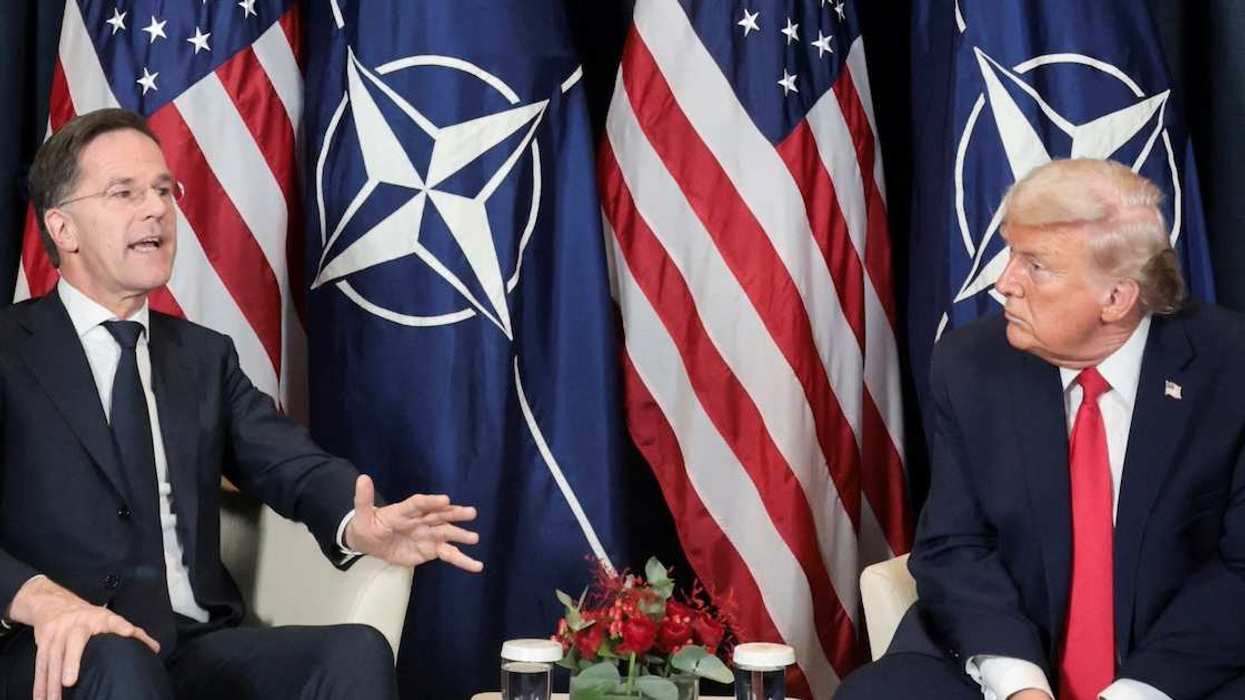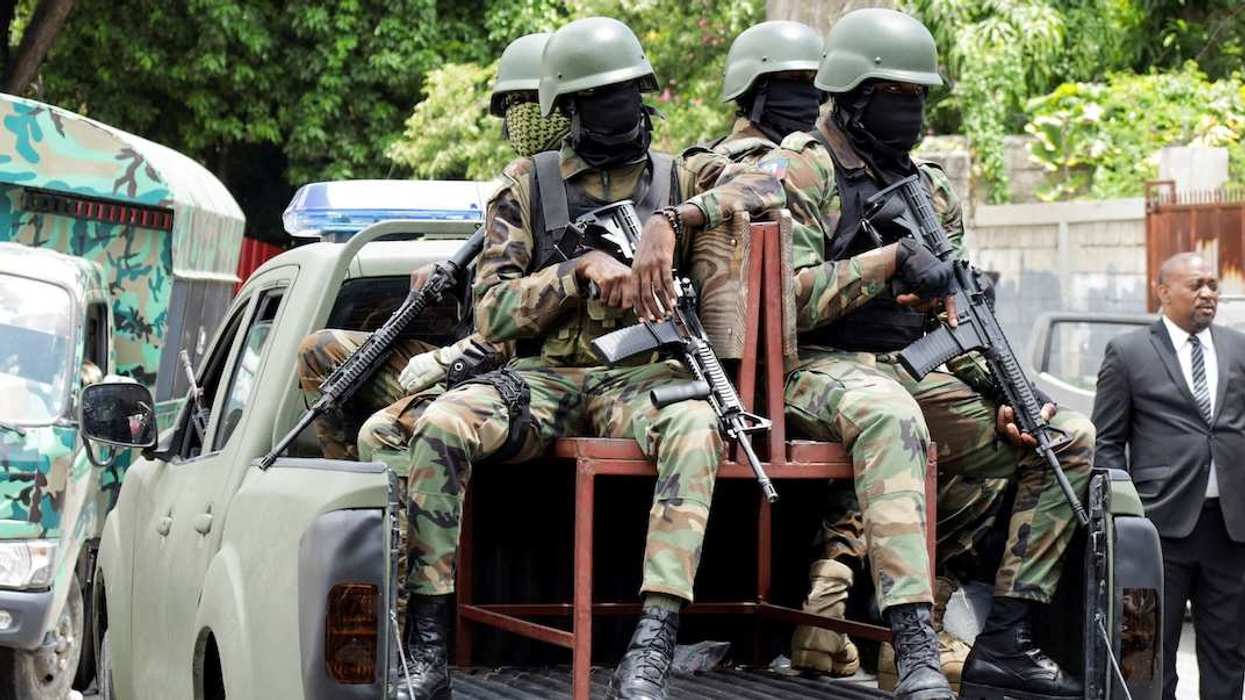China bans Nvidia’s last AI chip as its domestic industry catches up
China has ordered major tech firms, including Alibaba and ByteDance, to stop buying Nvidia’s RTX Pro 6000D AI chips, effectively banning them. The move shows Beijing is confident that its own rapidly-advancing domestic producers can now rival Nvidia’s offerings. Curiously, the decision comes just weeks after US President Donald Trump gave Nvidia the green light to sell chips in China in exchange for the US government getting a cut of the revenue. Will Beijing’s new ban stay in place, or is China merely jockeying for leverage ahead of an expected Friday phone call between Trump and President Xi Jinping?
A Fed cut is coming – but what are the caveats?
The US Federal Reserve is expected to lower interest rates for the first time this year at its meeting today, with investors anticipating a quarter-point cut. A rapidly-cooling labor market is pushing the Fed to cut rates. There are things to watch: first, what are the Fed’s predictions about growth and inflation later this year? Prices jumped last month as the effect of Trump’s tariffs filtered through, strengthening the case against further rate cuts. Second, how will Trump respond? He has threatened Fed Chair Jerome Powell with removal for not lowering rates fast enough, and is embroiled in a legal fight about whether he can fire Fed governor Lisa Cook.
Saudi Arabia’s liberalization streak faces the music
Authorities in Riyadh and Jeddah have shuttered at least two dozen music and performance “lounges” in recent weeks. The venues, which permit shisha smoking and mixing of the sexes, have proliferated since Crown Prince Mohammed bin Salman began a sweeping liberalization of the Kingdom’s ultra-strict social rules several years ago. Authorities officially cite public health concerns as the cause for the closures, but the move comes amid a backlash against the venues from conservative Saudis, who view them as vice-promoting nuisances.

















